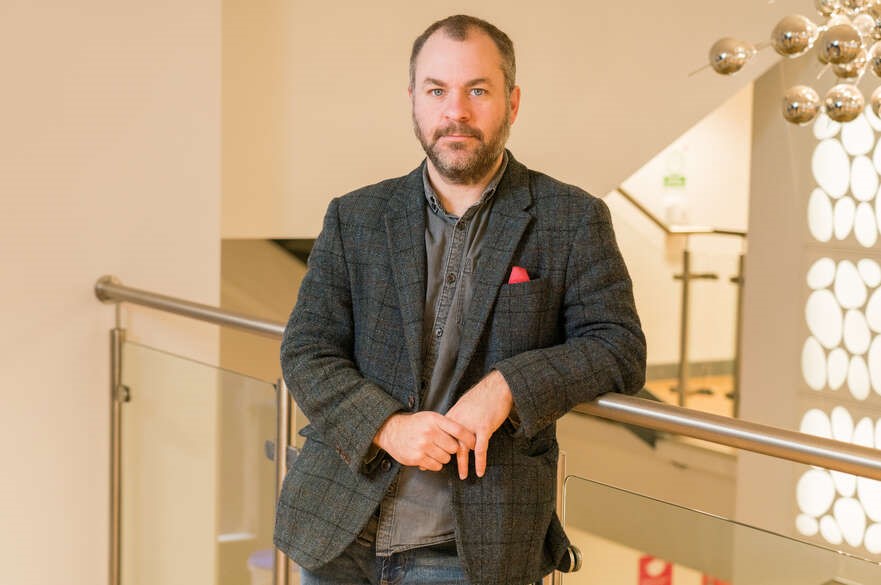Role
Dr. Andrew Clouter is a cognitive neuroscientist specialising in understanding the neural mechanisms that subserve cognitive processes (e.g., memory, attention, and decision-making) and developing non-invasive techniques to improve these processes. He currently serves as a Senior Lecturer in Psychology at Nottingham Trent University (NTU).
After completing his Ph.D. at the University of Birmingham (UK), Dr. Clouter joined the Medical Research Council Brain Network Dynamics Unit at the University of Oxford as a Postdoctoral Scientist in Peter Brown's Group. There, he focused on the mechanisms underlying human decision-making, particularly the role of the subthalamic nucleus in information accumulation and decision thresholds.
Dr. Clouter's research centres on the role of brain oscillations in cognitive functions. He investigates how non-invasive stimulation, such as rhythmic sensory stimulation and transcranial electrical current stimulation, can modulate neural activity to enhance cognitive performance. His work often employs electroencephalography (EEG) to measure brain activity. A recent paper (Rhythmic sensory stimulation as a non-invasive tool to study plasticity mechanisms in human episodic memory), reviews how rhythmic sensory inputs can serve as a non-invasive method to study and potentially enhance memory-related neural plasticity.
Dr. Clouter's work contributes to a deeper understanding of how rhythmic neural activity influences cognitive processes. His research has implications for developing non-invasive interventions to enhance memory and attention, particularly in clinical populations.
Publications
Theta phase synchronization is the glue that binds human associative memory. A Clouter, KL Shapiro, S Hanslmayr. Current Biology 27 (20), 3143-3148. e6.
Single-trial phase entrainment of theta oscillations in sensory regions predicts human associative memory performance. D Wang, A Clouter, Q Chen, KL Shapiro, S Hanslmayr. Journal of Neuroscience 38 (28), 6299-6309.
Cognitive performance in idiopathic intracranial hypertension and relevance of intracranial pressure. O Grech, A Clouter, JL Mitchell, Z Alimajstorovic, RS Ottridge, A Yiangou, ...Brain Communications 3 (3), fcab202.
Neurofeedback-linked suppression of cortical β bursts speeds up movement initiation in healthy motor control: a double-blind sham-controlled study. S He, C Everest-Phillips, A Clouter, P Brown, H Tan. Journal of Neuroscience 40 (20), 4021-4032.
Transcranial direct current stimulation can enhance working memory in Huntington's disease. CM Eddy, K Shapiro, A Clouter, PC Hansen, HE Rickards. Progress in Neuro-Psychopharmacology and Biological Psychiatry 77, 75-82.
Rhythmic sensory stimulation as a noninvasive tool to study plasticity mechanisms in human episodic memory. D Wang, E Marcantoni, A Clouter, KL Shapiro, S Hanslmayr. Current Opinion in Behavioral Sciences 58.
